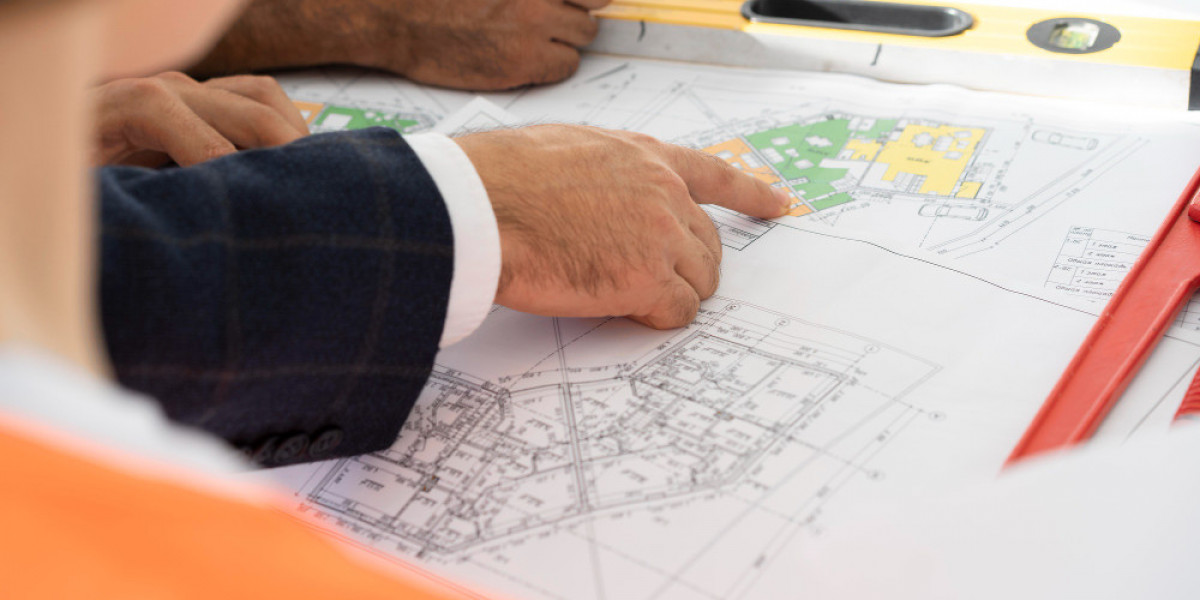In Australia’s vast and varied climate, weather and seasonal changes play a major role in how building and repair projects are planned and carried out. From home renovations to major construction work, climate conditions can impact everything from material delivery to the availability of skilled tradies.
Sudden weather shifts, such as storms or heatwaves, often cause unexpected delays that affect project timelines and budgets.
In this blog, we’ll explore how these weather patterns influence construction and renovation work and what homeowners and tradies can do to stay ahead with smart planning.
Why Climate Patterns Matter in Construction
Climate conditions aren’t just background noise, they play a starring role in construction success. From heatwaves to unexpected downpours, weather disruptions can derail even the most well-planned construction timelines.
It’s a challenge every project manager and tradie must account for right from the planning stage. The reality is that weather delays construction work more often than most homeowners expect.
Rain can prevent concrete from curing properly, halt excavation work, and create unsafe conditions for tasks like roofing or working at heights. These aren’t just minor inconveniences, they’re real-time setbacks that can add several days or even weeks to a project's overall timeline.
Weather-Related Delays: How They Affect Building Projects
Weather-related delays are a significant challenge for tradies and project managers in Australia. The unpredictable nature of weather can disrupt schedules, cause material damage, and even compromise safety. Understanding how weather affects tradies in Australia to minimizing disruptions and staying on track.
1. Seasonal Delays in Building Projects
Seasonal delays in building projects play a major role in causing delays. For instance, extreme summer heat or storms can stop outdoor work like concreting and roofing. Similarly, cold temperatures in winter slow down the setting of materials.
Tradies can overcome this by adjusting schedules around expected weather disruptions, ensuring that tasks are planned accordingly. Thus, this is one of the impactful seasonal work challenges for Aussie tradies.
2. Renovation Vulnerability to Weather
Renovation projects involving external work like roofing and structural repairs are especially susceptible to weather delays. Wet weather can damage materials such as timber and drywall, and these tradie delays due to wet weather lead to extra costs. Planning for these risks by adjusting timelines can prevent additional financial strain.
3. Impact of External Weather on Internal Work
External weather conditions can also interfere with internal tasks. For example, rain leaking into structures can damage interior walls, while extreme temperatures can affect the curing of materials. Tradies must anticipate these risks and plan their tasks to avoid unnecessary delays.
4. Safety and Performance Impact
Extreme weather can affect worker performance and safety. Heatwaves can cause exhaustion, while wet or icy conditions present risks of slips and falls. To ensure safety, tradies should incorporate weather-appropriate gear and take frequent breaks to maintain productivity and safety.
Understanding how tradies plan around climate patterns is essential, as safety measures often depend on anticipating and adapting to specific weather conditions in advance.
5. Delays Caused by Wet Weather
Wet weather frequently disrupts tasks like excavation, concreting, and plastering. It can also damage materials, leading to delays as replacements are sourced. Tradies can overcome this by scheduling these tasks during drier months or by having backup plans for unexpected weather disruptions.
Even light rain can halt progress for days, especially when groundwork is involved, contributing to common Australian tradie scheduling issues that affect multiple ongoing projects.
6. Scheduling Issues in Tradie Coordination
When multiple tasks depend on each other, weather-related delays can have a cascading effect, causing a backlog of work. Tradies need to communicate openly to reschedule tasks effectively, ensuring that weather disruptions don’t cause further delays down the line.
7. Climate Change and Increased Delays
Climate change is making weather events more unpredictable, leading to unexpected delays. Tradies should be aware of these changes and plan for increased weather disruptions, adjusting their schedules to accommodate these new challenges.
8. Climate Adaptation by Tradies
Adapting to climate change means tradies must adjust their work patterns to account for extreme weather events. By using their knowledge of local climate patterns, tradies can ensure that projects remain on track despite unpredictable weather.
Staying informed through forecasts and early warnings is now an essential part of project planning.
9. The Risk of Weather-Related Delays
Weather disruptions are unavoidable, but by incorporating buffer days and contingency plans into the schedule, tradies can minimize their impact. Tradies can stay on track by adjusting schedules when needed and focusing on tasks that are less affected by the weather.
10. Smart Planning and Flexible Scheduling
Smart planning and flexible scheduling are key to managing weather-related delays. By adjusting work schedules to account for weather patterns and having backup plans, tradies can stay ahead of potential disruptions and complete projects efficiently.
Advantages of Hiring Local Tradies:
Hiring local tradies who are familiar with the region’s climate can be highly beneficial when managing weather-related delays. Local tradies have an intimate understanding of local weather patterns and know when to expect storms, heavy rains, or extreme heat, allowing them to plan tasks more effectively.
They can use their knowledge to adjust schedules, ensure that weather-sensitive materials are protected, and quickly adapt to weather-related changes on-site. Additionally, local tradies are more likely to have relationships with local suppliers who understand how climate change affects tradie jobs, ensuring a smoother workflow even during challenging conditions.
By hiring tradies with local expertise, clients can reduce the likelihood of project delays caused by weather-related disruptions.
Final Wrap-Up
Australia’s unique and ever-changing climate can significantly impact the pace and success of construction and renovation projects. From rain delays and safety concerns to the increasing effects of climate change, understanding these environmental influences is crucial for both tradies and homeowners.
With smart planning, flexible scheduling, and the support of experienced professionals, building and repair projects can be managed more effectively even when the weather doesn’t cooperate.










